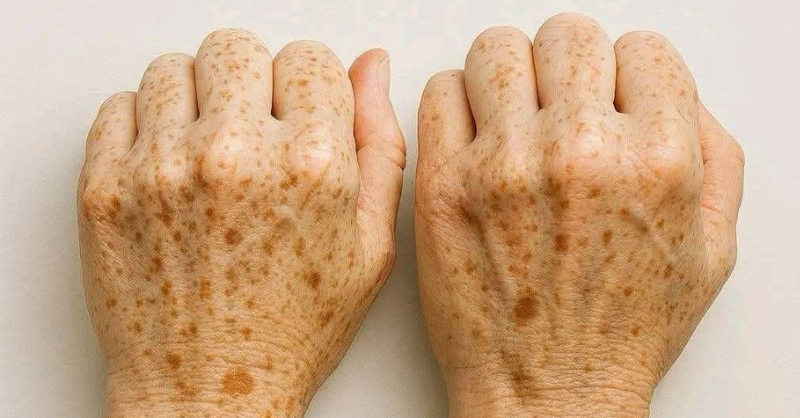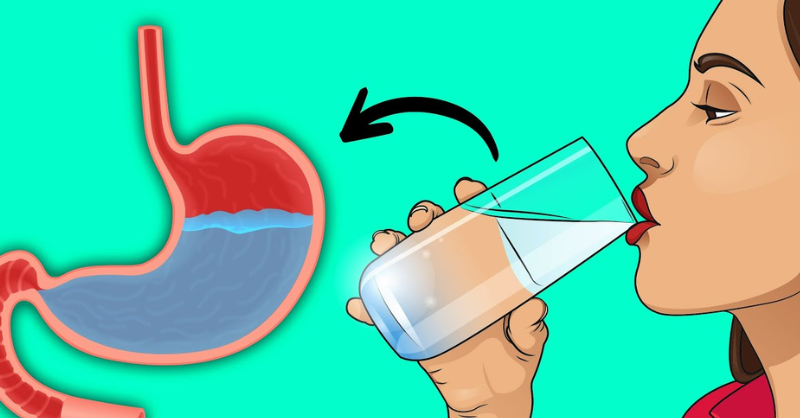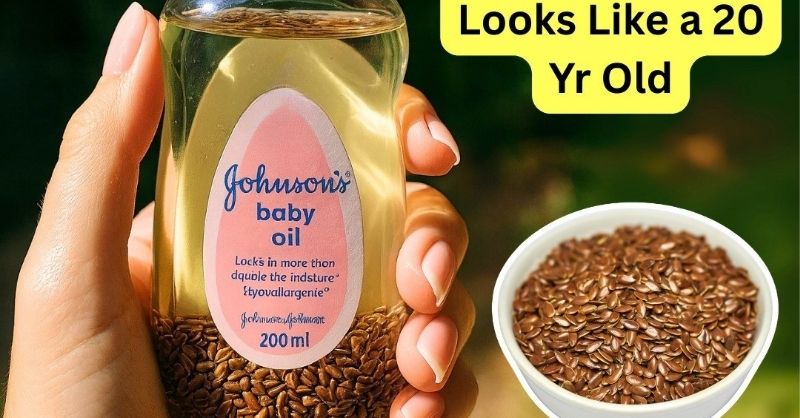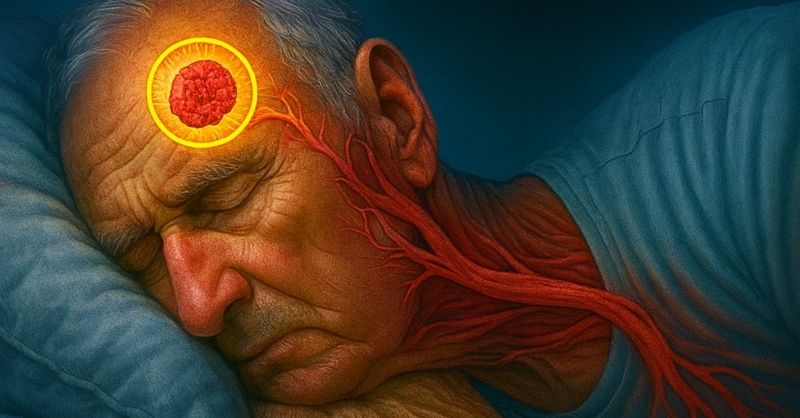
Let’s be honest: the word “phlegm” doesn’t sound very pleasant. But this thick substance isn’t an enemy—it’s actually a loyal guardian of our body.
It keeps bacteria, allergens, and dust from penetrating deep into the lungs. And here’s the surprising part: in just one day, we produce enough of it to fill half a two-liter soda bottle.
When we’re healthy, this process goes unnoticed. But once we catch a cold or develop inflammation, phlegm production spikes. It thickens, makes breathing harder, and forces the body to work overtime to protect itself. Fortunately, there are simple ways to manage the excess.
What is phlegm and why do we need it?
Phlegm is a thick type of mucus secreted by the respiratory tract. Normally, it keeps tissues moist, traps tiny particles, and helps clear the airways. But as soon as the immune system encounters an infection, production ramps up dramatically.
According to the Cleveland Clinic, the average person produces about a liter of mucus per day. ENT specialist Paul Bryson explains that it acts as a natural barrier, kicking into high gear whenever we get sick.

How to reduce excess phlegm
1. Stay hydrated
Plain water, light broths, and herbal teas all help thin mucus and flush it out faster. A quick hydration check: if your urine is light in color, you’re drinking enough.
2. Steam treatments
Warm steam moistens the airways and makes phlegm easier to expel. You can inhale steam over a bowl of hot water with a drop of eucalyptus oil, or simply take a hot shower.
3. Saltwater gargle
An old remedy: half a teaspoon of salt in a glass of warm water. Gargle for 30 seconds several times a day, and mucus will clear more quickly.
4. Medications
Expectorants (such as guaifenesin) thin out mucus, while decongestants reduce swelling and ease breathing. But always check with your doctor before taking any medication.
5. Healing herbs
Thyme and eucalyptus help clear the bronchial tubes, while marshmallow root and licorice root soothe the throat. A few drops of eucalyptus oil in an aromatherapy diffuser can also make breathing easier.

6. Use a humidifier
Dry air makes phlegm worse. A cool-mist humidifier can help, but remember to clean it regularly to prevent mold and bacteria.
7. Nasal rinses
Saline solutions and devices like a neti pot wash away mucus, dust, and allergens, making it easier to breathe.
8. Keep your home clean
Dust and allergens are major triggers for excess mucus. Vacuum often, wash bedding in hot water, clean filters, and consider using an air purifier.
Phlegm may seem unpleasant, but it protects us every day from dust, viruses, and bacteria. Excess phlegm is simply your body’s way of signaling that it’s working in defense mode.
Did you know we produce almost a liter of mucus every day? Share in the comments which remedies you’ve tried to get rid of it!




